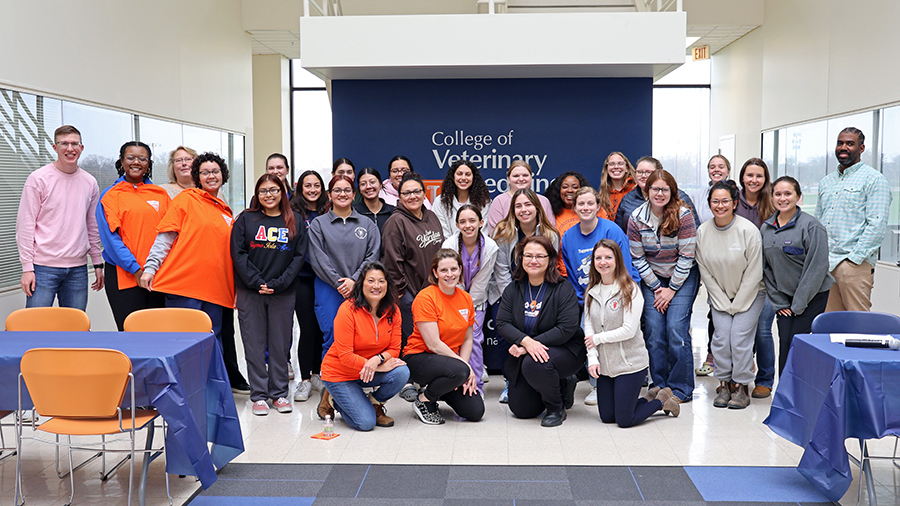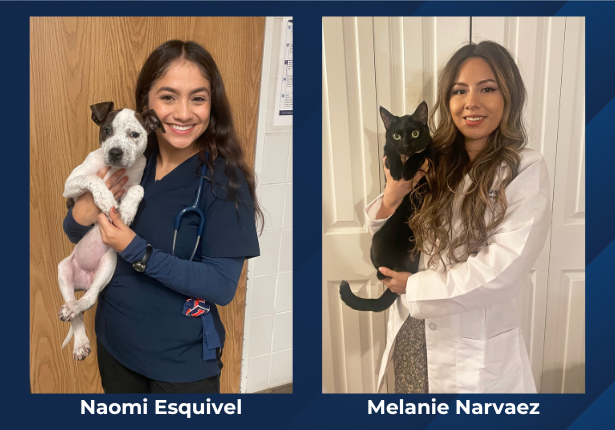Recent reports from the media have documented the growing number of dogs imported to the United States from South Korea after the Olympics. Veterinarians need to be asking themselves: What might these animals be bringing with them?
Various animal rights and rescue groups are orchestrating shipments of these dogs into the U.S. in an effort to rescue canines from meat farms. It is estimated that South Korea raises over 2 million dogs for meat each year. There are no records kept in the U.S. for the number of imported domestic animals, so it is unknown exactly how many dogs are being flown into the country with this new influx.
According to Dr. Edward Dubovi, a virologist at Cornell’s Animal Health Diagnostic Center, “These imported dogs may carry canine influenza, or other infectious diseases, which could be spread to other dogs in the cargo hold of the plane, in addition to sickening American dogs after they step off the plane.”
The only requirement to import a dog into the United States is a valid rabies certificate, and these documents are easily falsified or purchased illegally.
“There is no required quarantine period for any dogs coming to the U.S. from anywhere in the world,” Dr. Dubovi says. Dogs may land at O’Hare airport, and then be in your neighbor’s backyard in a few hours.
Dr. Leyi Wang, a virologist at the University of Illinois Veterinary Diagnostic Laboratory, says, “We know that canine H3N2 is circulating in South Korea, because that’s where the virus was first reported in 2007, before spreading to the United States.”
Dr. Wang has been studying influenza viruses for several years, and in a few months, he will have a next-generation sequencing machine up and running in Urbana.
“This technology is changing the way we practice medicine,” he says. “Instead of sending in a sample to test for a few diseases, we can use one sample to test for every disease.” The cutting-edge technology will be competitively priced so that it is accessible and clinically useful.
Veterinarians should encourage their clients to quarantine any new animals for 30 days to prevent their dogs from interacting with newly imported dogs. Additional information will be provided as this story develops.
For the most up-to-date canine influenza surveillance information, visit: ahdc.vet.cornell.edu/news/civchicago.cfm
—Ashley Mitek, DVM




